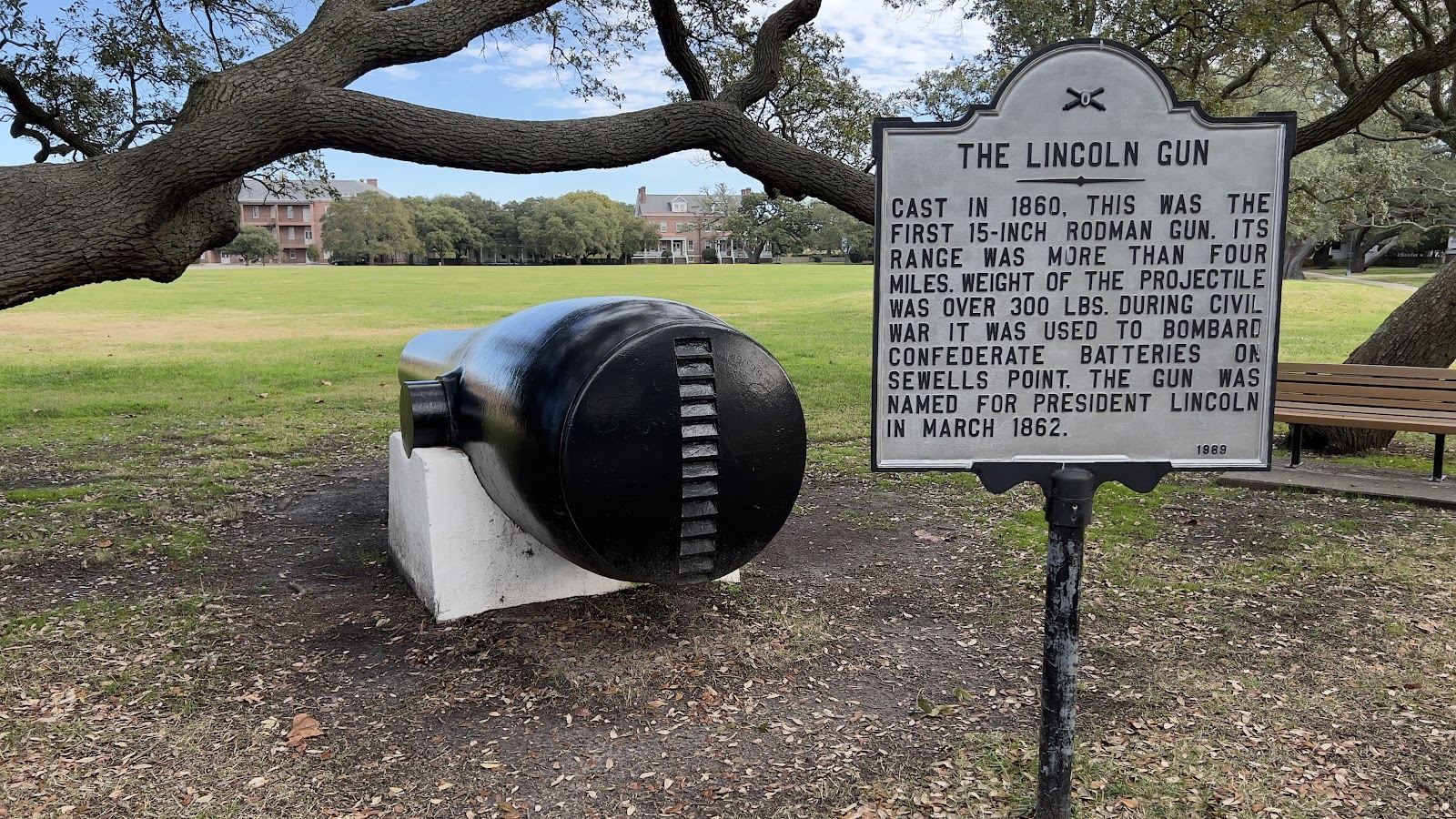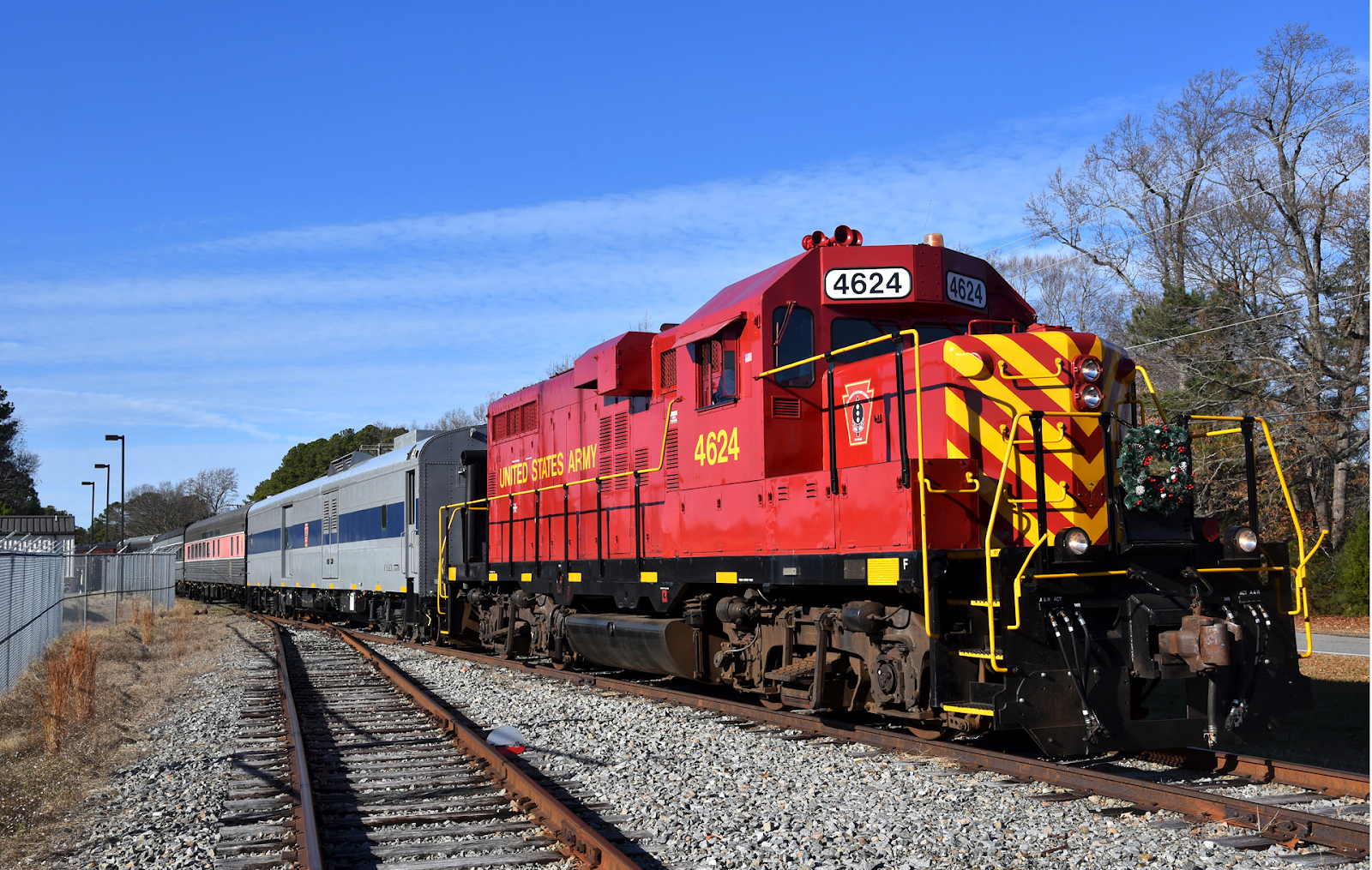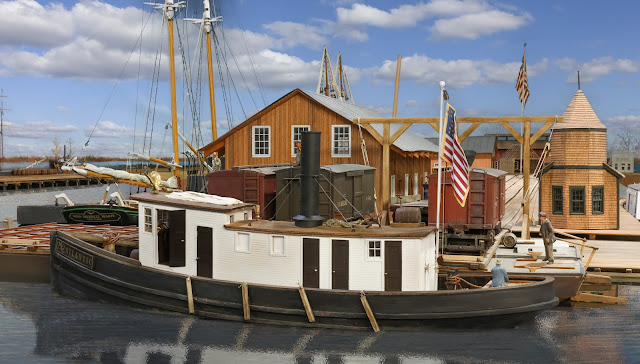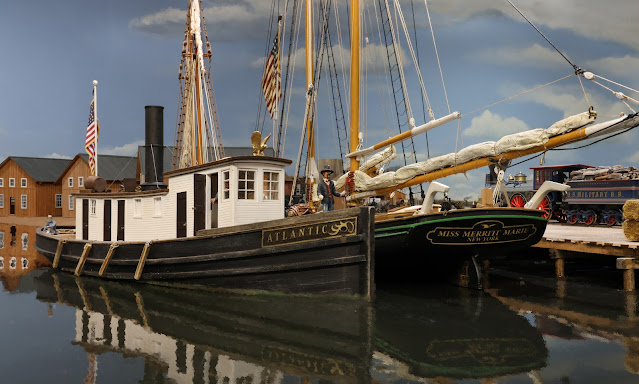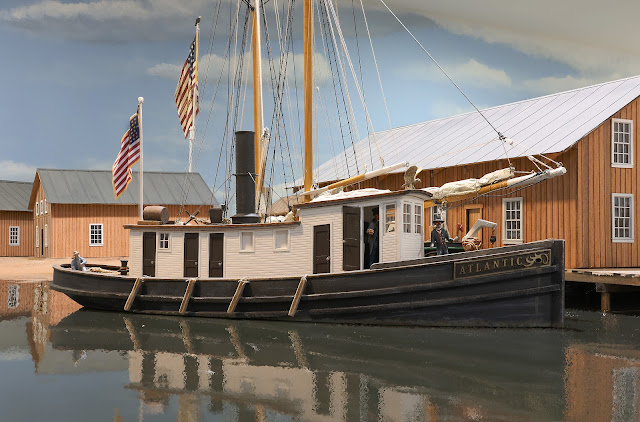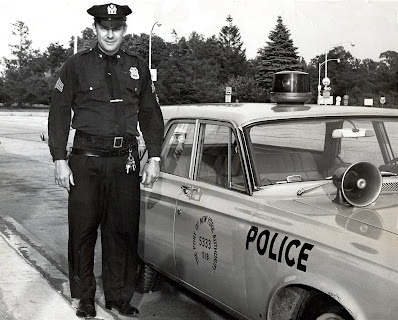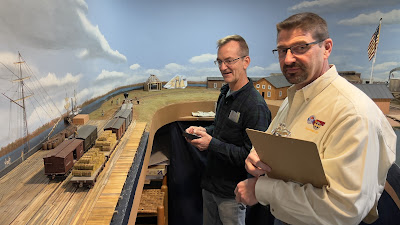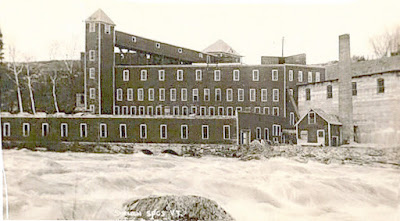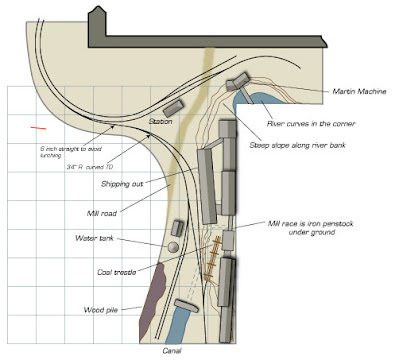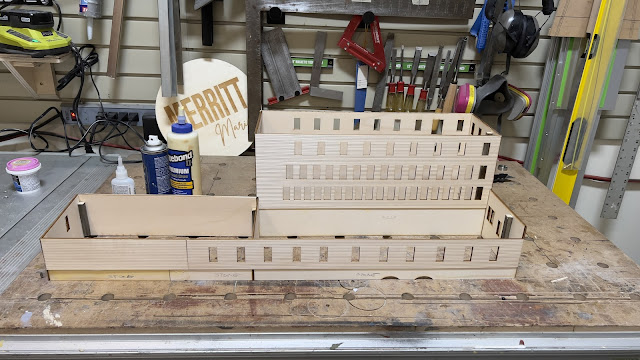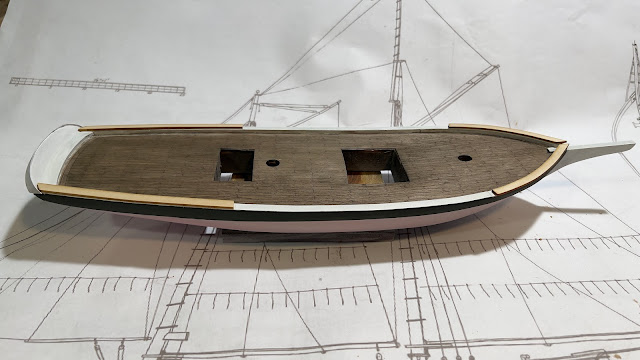 |
| This picture encapsulates the year with plenty of trains, planes, and automobiles. |
Another year has ticked by. All in all it was a good one with lots of trains, planes, and automobiles. Let's review the highlights.
- Finished the expansion of the layout to the point where it is operational and about 50% sceniced. The expansion includes a new 5 foot long trestle over a meandering creek, a balloon camp and tracks that can house 10-car trains plus engine.
- Hosted three official op-sessions including one each for the ACWRRHS and the NJ-DMV Interchange groups, and two open houses. One other op session was cancelled due to my contracting a case of COVID, which fortunately was very mild.
- The telegraph came into operation thanks to Amby, Steve, and Seth efforts. In particular, Amby was promoted to Chief Signal Officer of the USMRR Aquia Line for his meritorious service.
- Brion delivered the schooner he had been working on for me and it is beautiful. I added a tug boat to the fleet and started another schooner.
- 3D printed some highly detailed cannons, limber, and railroad trucks.
- Several road trips for model related events including riding the Autotrain to Florida for Modelfest 2022, a two-week road trip to Cincinnati and Indianapolis for back to back train meets and presentations, another long road trip to Omaha, NE for the IPMS national meet. Locally I participated in the National Capitol Model Soldier Society Annual Meet and I managed the Middle Atlantic Railroad Prototype Meet in Timonium. I and my brother received several awards for our models. The highlight being the Arsenal of Democracy Award for our Sherman Tank Factory Diorama. That diorama will be going to Florida in Feb 2023 to be donated to the Valiant Air Warbird Museum.
- It was a good year for museums. I visited that Valiant Air Warbird Museum, Titusville, FL, the USMC Museum in Quantico, VA, National Museum of the US Army, Ft Belvoir, VA, USAF Museum in Wright Paterson AFB, OH, the Strategic Air Command Museum and the Museum of the West, both in Omaha, the Brevard County Veterans Museum, Merrit Island, FL , Freedom House Museum, Alexandria, VA, Lexington Battlefield Museum in Lexington, MO, Palm Springs Air Museum, Palm Springs CA, Ft Eustis Transportation Museum and the Mariner's Museum both in New Port News, VA, Fort Monroe, Hampton, VA, American Sign Museum, and Entertainment, Cincinnati, OH., C&O Historical Society Museum, Clifton Forge, VA . Not to mention several national and state park visitor centers and hikes in nature preserves, mountain top forests, deserts, and wetlands.
- Visited several layouts this year in Omaha, Ohio, Indiana, Pennsylvania, Florida, Virginia, and Maryland. Hosted several dozen visitors to the Aquia Line and have been helping some friends with their layout projects as I have time.
- Other road trips included 5 visits to see my new grand daughters in Alabama and Kentucky. I rode twice on The Catalpa Falls Group private cars thanks to invites by Eric and George Payne.
- Wrote several articles for the model railroad press. MRP 2022 ran a nice piece of the expansion the Aquia Line. I did another article for MRP 2023 that is due out in Feb. O scale magazine is doing a piece on my railroad in the upcoming January/Feb 2023 issue that is due any day now. I also did a piece for hire for Kalmbach for Chris Moore's layout in the Philadelphia area. Kalmbach did a Meet the Modeler segment on me which was fun to help write.





















